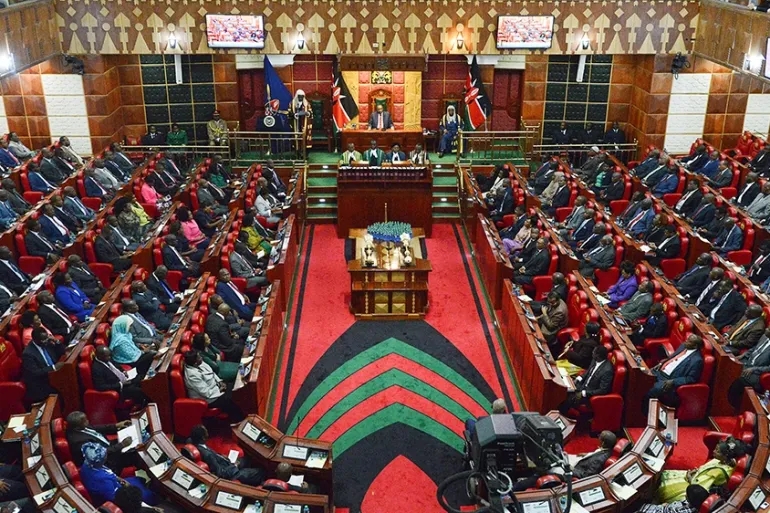The Kenya National Union of Teachers has changed its tune to make room for negotiations on the new curriculum after months of hard stance and opposition to the ongoing implementation.
Despite the union terming the current rollout politically imposed, secretary general Wilson Sossion yesterday said they are ready to support curriculum review and reform, but not in its current form.
This signifies a ray of hope in settling the standoff between the union and the Education ministry. A stalemate had threatened to stifle the implementation, which began in January.
"We want to declare that we are prepared to engage with the government, the ministry and we shall place our facts and concerns absolutely and squarely without any fear," Sossion said.
"We'll continue to speak the truth about the new curriculum until the end where there will be a product that is acceptable for the children of Kenya."
He spoke during a national advisory council meeting that sought to give the issue precedence ahead of the unions' Annual Delegates Conference in November.
For the union, the current rollout can be equated to the Simon Makonde phenomenon, the tale of a man who led a bizarre one-week life.
The story goes that Makonde was born on Monday, named on Tuesday, married on Wednesday, and taken ill on Thursday. He was treated on Friday, died on Saturday and buried on Sunday.
Sossion used the story to refer to the haste with which the rollout is being carried out, reducing the implementation to make-believe.
In a raft of new demands, the union wants the hurdles identified in the ongoing implementation cleared before they consider supporting the curriculum.
It says it will conduct a comprehensive summative evaluation led by seven curriculum experts to establish the level of preparedness for the rollout.
An earlier evaluation puts the level of preparedness of teachers in jeopardy.
The union faults the ministry for failing to conduct such an evaluation before commencing the implementation.
The union says should the evaluation pass the internationally set standard mark of 50 per cent and the government outlines a proper strategy to address the shortfall of resources, then it will support the reforms.
The resources in question will include reducing class sizes from the current ration of more than 45 learners to 20.
Other demands by Knut will be providing teaching and learning tools, having three trained teachers per class, and reducing the workload.
"We want a curriculum that succeeds, one that is well prepared. We note with a lot of concern that the CBC is a high order pedagogy that requires serious preparation in terms of teacher training ... It also requires more teachers in class and economics of the same has not been discussed," Sossion said.
The union wants the TSC stopped from training teachers for the new curriculum and the mandate transferred to the ministry.
The union reaffirmed that the training of teachers for the curriculum remains substandard as the trainers are not competent enough to interpret the CBC designs.
"The employer should concentrate on their traditional mandate of employment, deployment, promotion and management of teachers ... The ministry must take up its responsibility and design proper training and capacity building for teachers," Sossion said.
Knut's also notes that the rollout is being implemented unprofessionally, and without following some key legal requirements, including the formulation of the sessional paper.
"The National Assembly has not passed the legal instruments, the sessional paper to allow the KICD and the ministry to move to the next stage of curriculum review," Sossion said.
















